On March 5, 2023, the Dartmouth College men’s basketball team took a monumental step by voting 13-2 in favor of forming a union. This marked a groundbreaking moment in college sports history, as they became the first college athletes to do so.
The players were not just making a decision for themselves but setting a precedent that could transform collegiate athletics.
The Journey Begins

The path to unionization for Dartmouth’s basketball players was not spontaneous. It was the culmination of a six-month campaign, reflecting a longer, underlying dissatisfaction with the current college sports model.
Juniors Cade Haskins and Romeo Myrthil spearheaded this initiative, advocating for their teammates’ and potentially other college athletes’ rights.
The Implications of the Vote
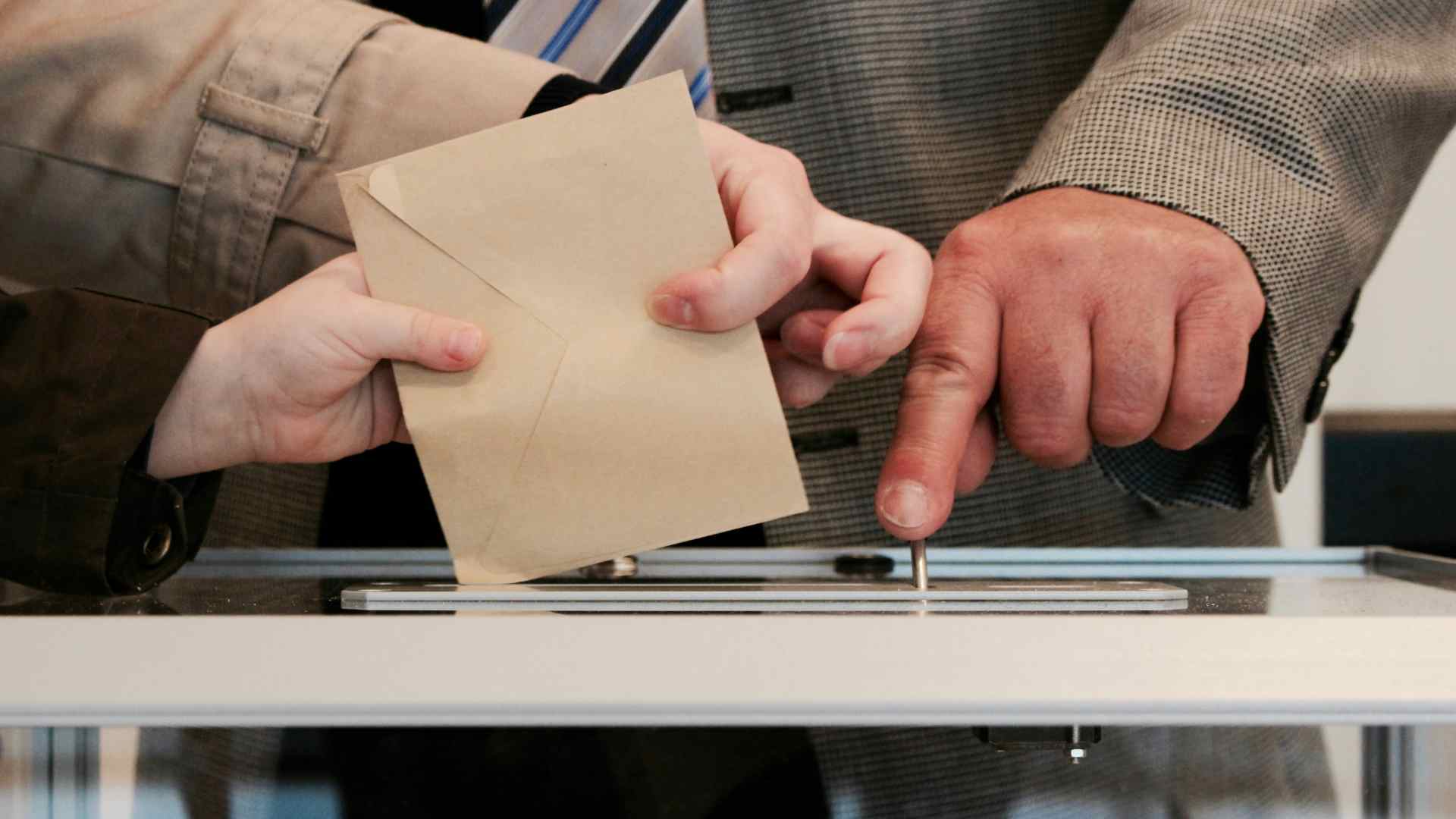
By voting to unionize, Dartmouth’s basketball players challenge the long-standing NCAA model that views players primarily as students. This significant step forward questions the balance between academics and athletics in college sports.
The implications of this vote extend beyond Dartmouth, hinting at a possible nationwide shift in how college athletes are perceived and treated. The message is clear: Athletes are seeking greater acknowledgment of their dual roles and contributions.
Dartmouth’s Response

In response to the vote, Dartmouth College immediately filed an appeal, arguing that their student-athletes should not be classified as employees (per The Associated Press). This legal challenge highlights the tension between traditional college sports values and evolving athlete demands.
Dartmouth maintains that academic pursuits should remain the priority for Ivy League athletes, suggesting that unionization contradicts this principle.
The NCAA’s Stance
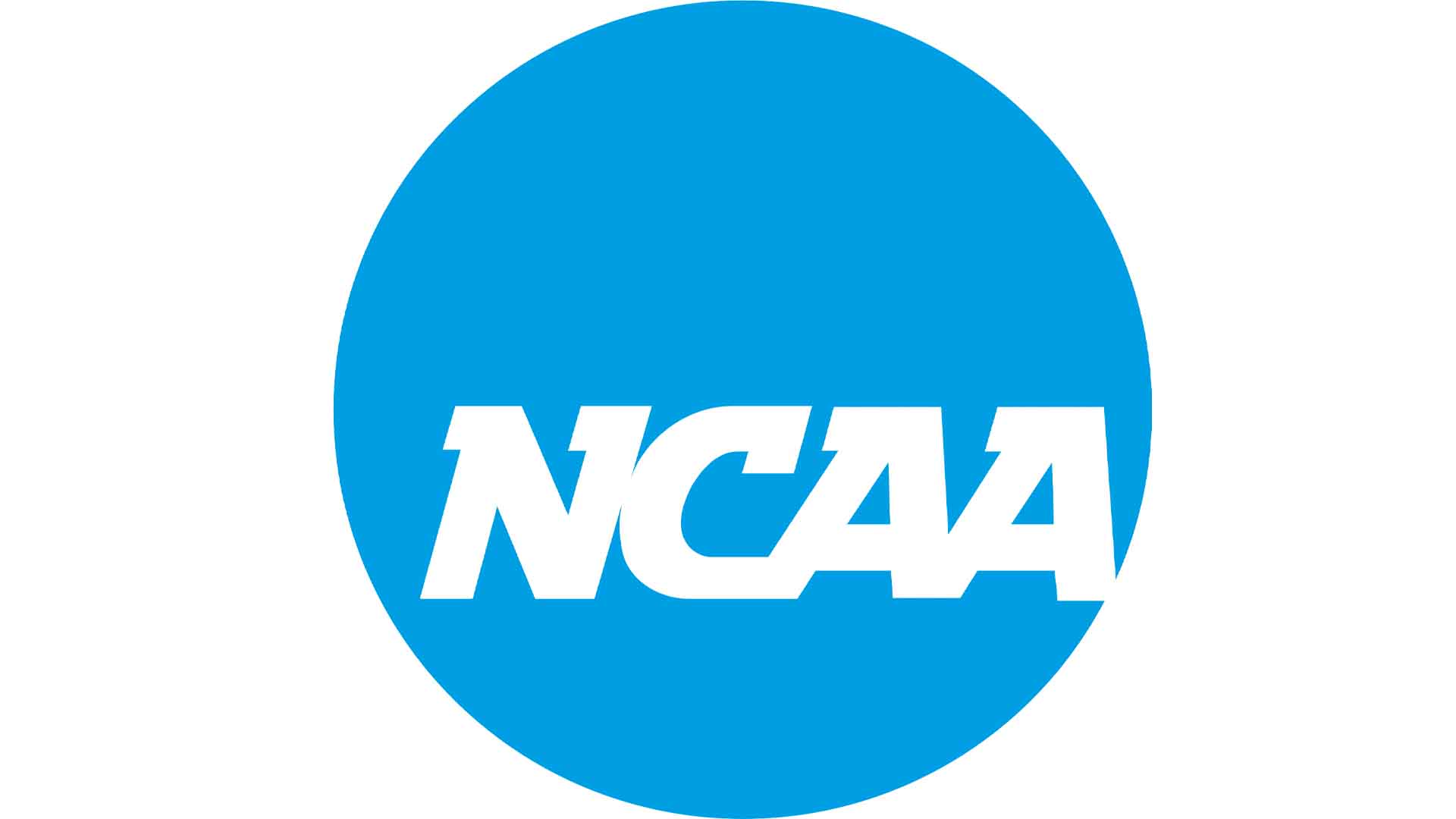
The NCAA, facing growing criticism and legal challenges, maintains that its athletes are students first. Despite this, the organization acknowledges the need for change within college sports.
The NCAA’s commitment to reform suggests an awareness of the shifting landscape but also highlights the complexities of balancing athlete rights with academic priorities.
What’s at Stake?
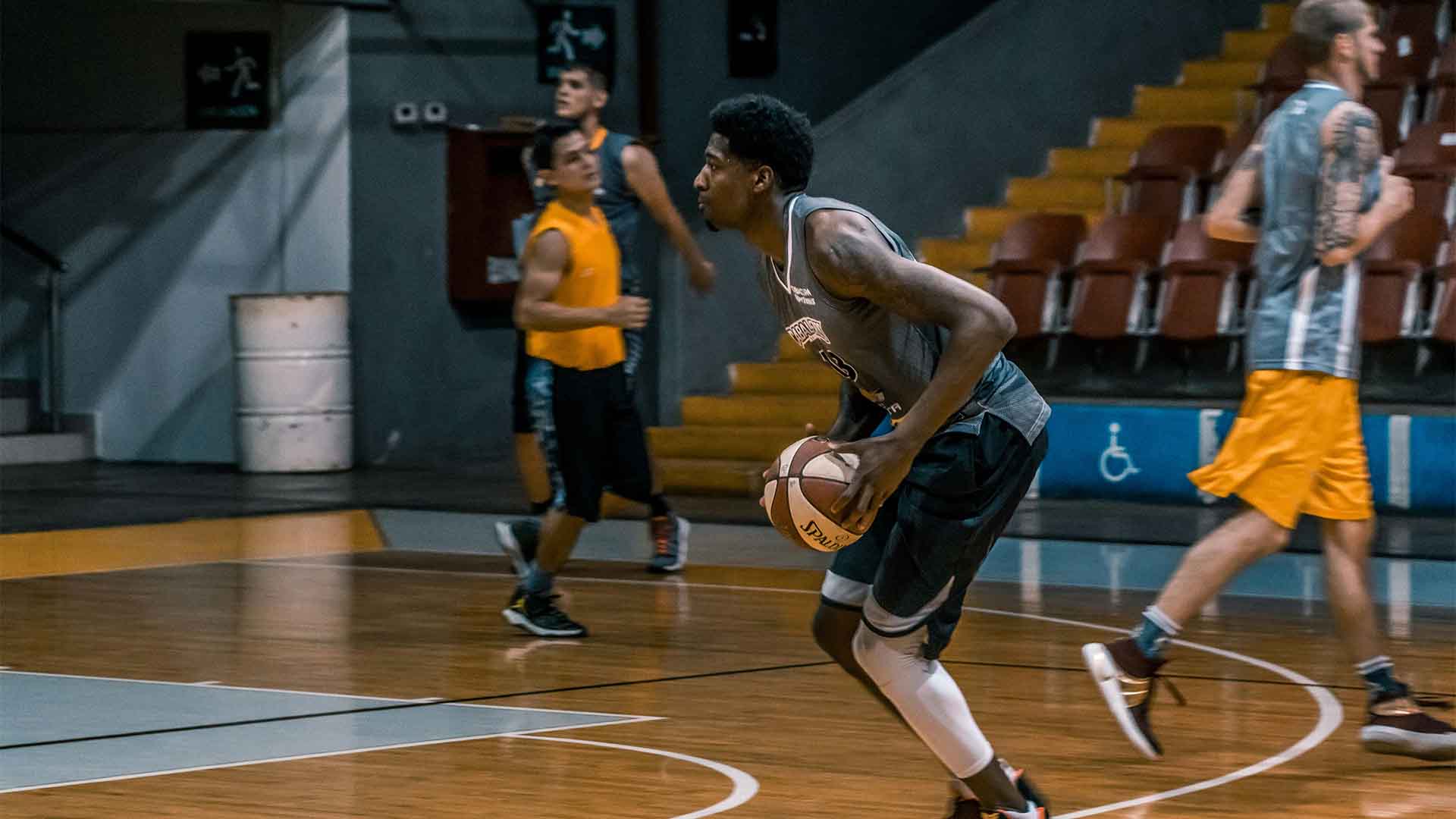
The Dartmouth basketball players’ decision to unionize raises significant questions about health insurance, fair compensation, and the prioritization of academics. These issues touch on the heart of the debate over what it means to be a student-athlete.
As college sports become increasingly commercialized, the disparities between the benefits reaped by institutions and the compensation provided to athletes have become more pronounced, sparking a reevaluation of traditional models.
Voices from the Frontline
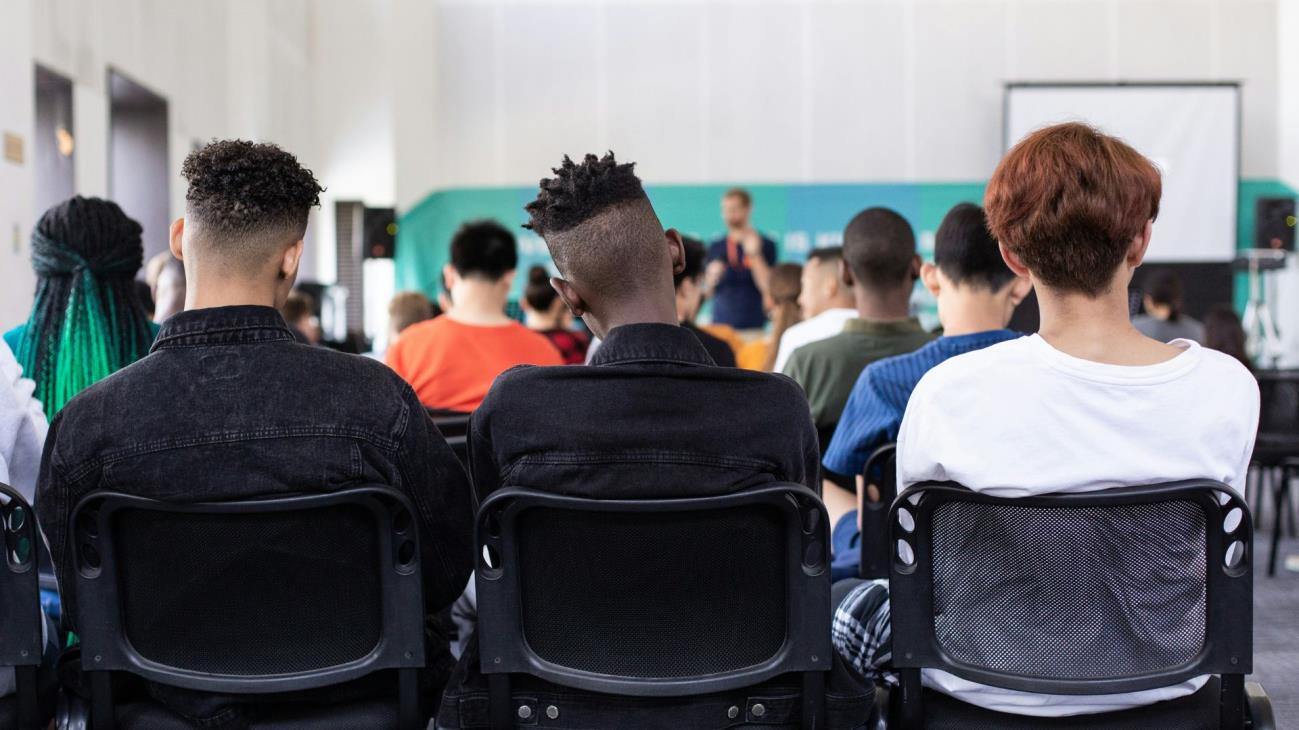
Cade Haskins and Romeo Myrthil, leaders of the movement, exemplify the typical dual life of student-athletes, balancing sports with part-time jobs.
Their experiences underline the challenges faced by many college athletes who struggle to juggle academic responsibilities, athletic commitments, and financial needs.
The Ripple Effect

The vote at Dartmouth could inspire similar actions at other institutions, signaling the start of a broader movement within college athletics. Athletes nationwide are closely watching the developments at Dartmouth, realizing the potential for change in their own programs.
This movement is not just about a single team or sport but represents a collective call for improved conditions and rights for all college athletes.
The Road Ahead
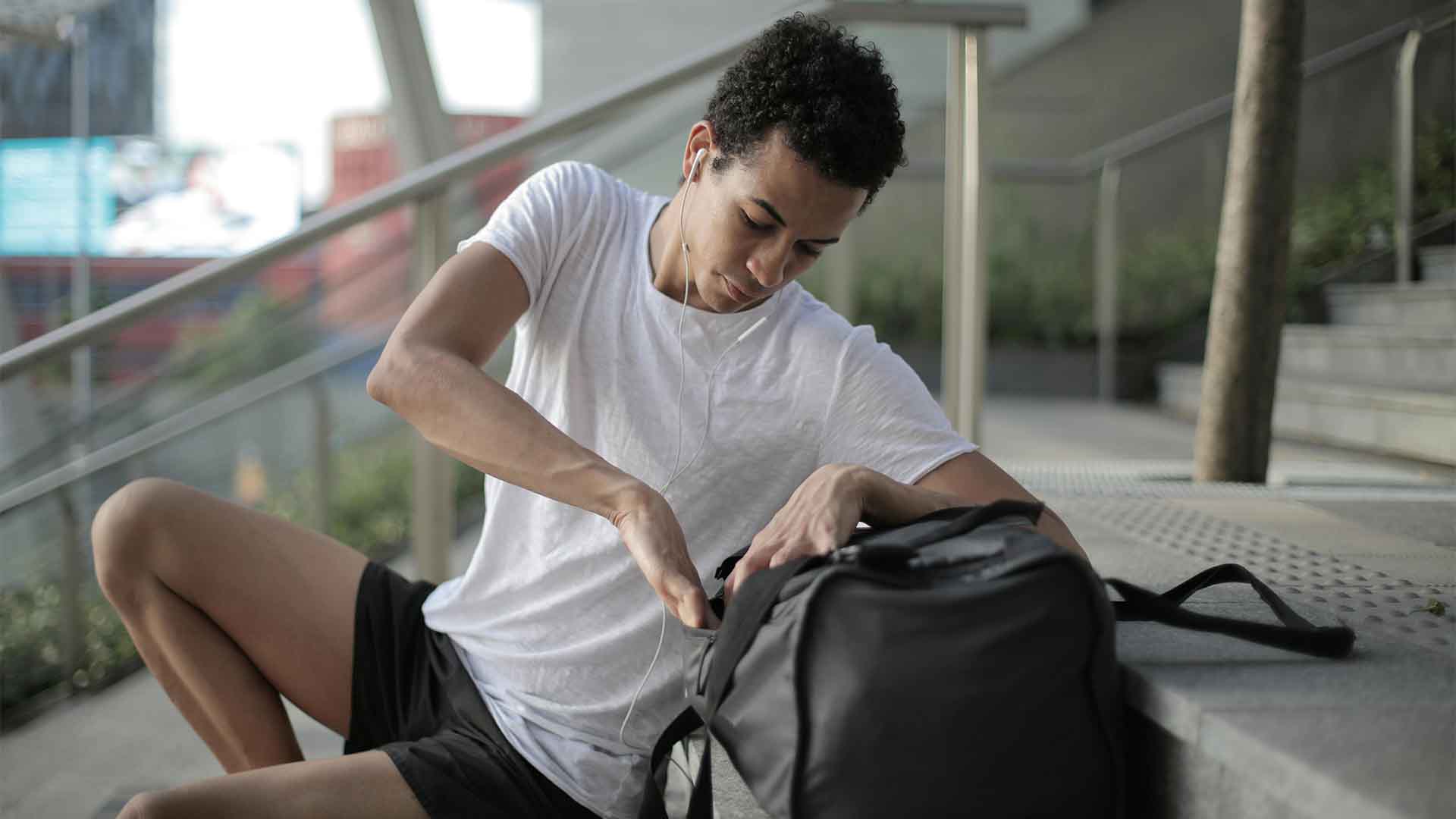
Following the vote, the National Labor Relations Board must certify the union before any collective bargaining can occur.
However, Dartmouth’s appeal brings uncertainty to the timeline and outcome.
A Broader Movement
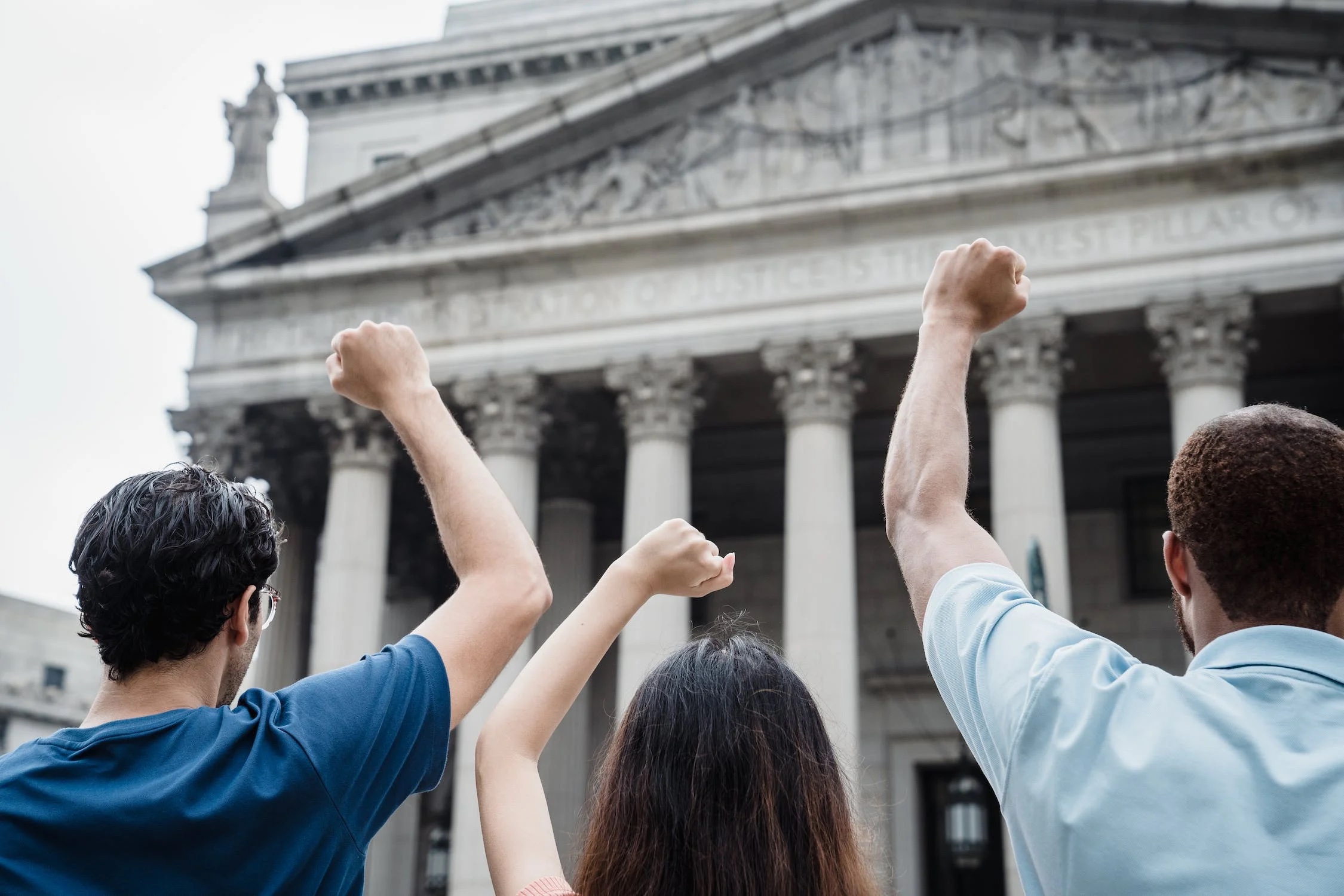
Dartmouth’s case is part of a growing discourse on the rights and treatment of college athletes. Nationwide, there’s an increasing push against the NCAA’s amateurism model, highlighted by antitrust lawsuits and legislative efforts.
Even U.S. Labor officials have said that college athletes should be considered employees of their respective universities.
Looking to the Future
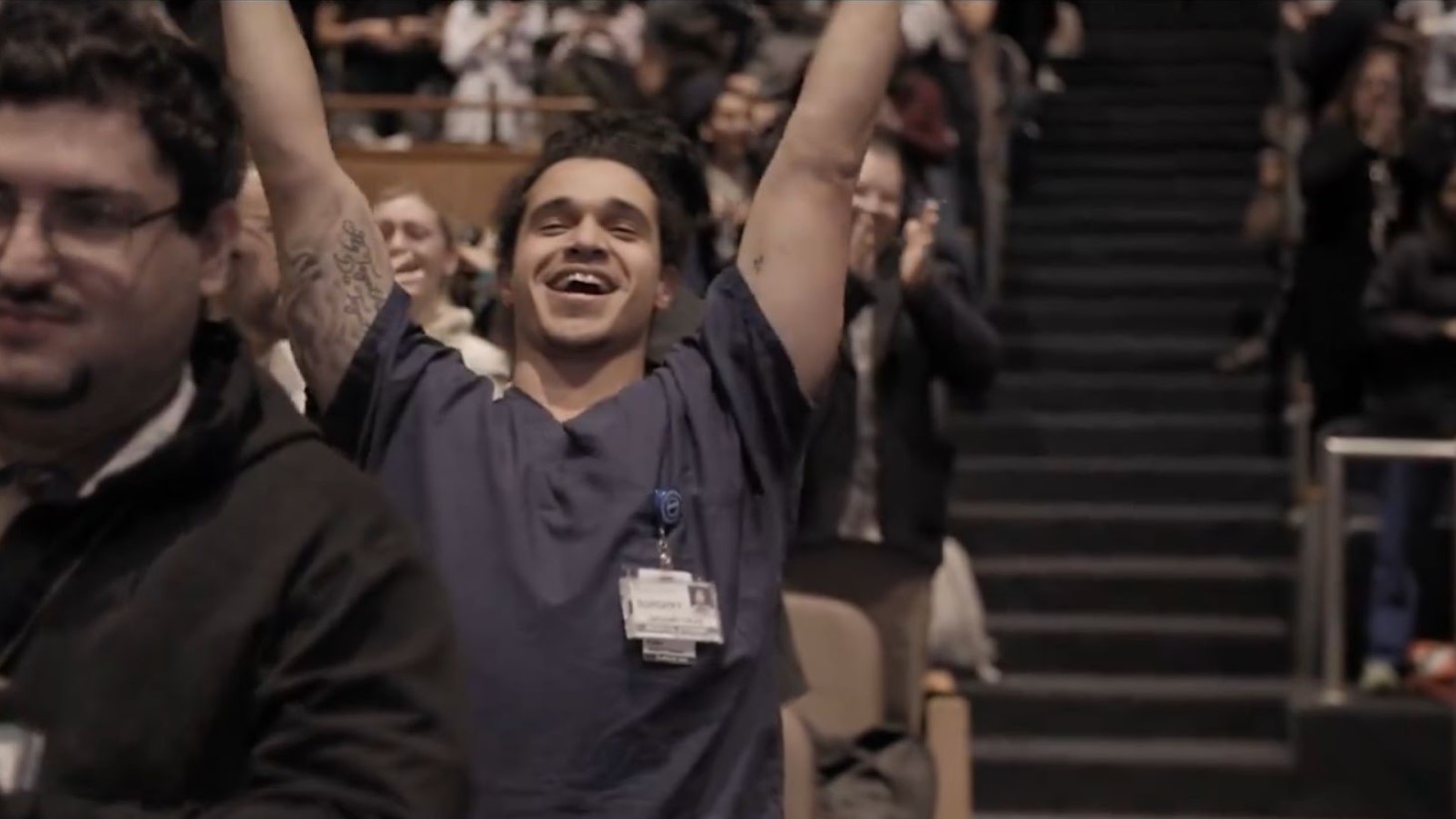
Regardless of the legal outcomes, the Dartmouth basketball team’s actions signify a pivotal moment in the ongoing dialogue about college athletes’ rights.
Their courage to challenge the status quo paves the way for future generations to continue the fight for recognition and fair treatment. This historic move marks a significant chapter in the evolving narrative of modern collegiate athletics.
A New Era?
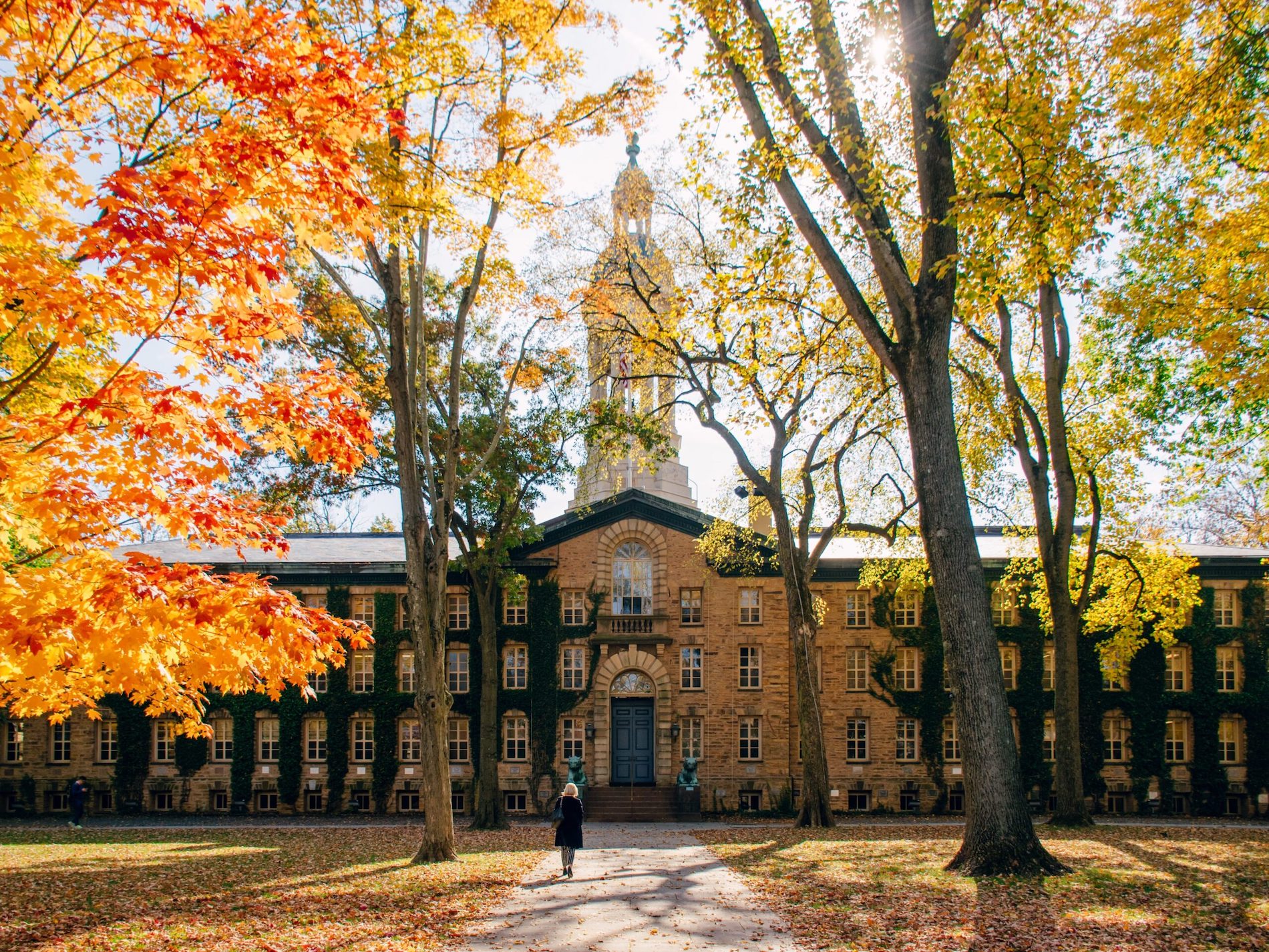
As we watch the Dartmouth case unfold, it’s clear that we may be on the cusp of a new era in college sports. One where the voices of student-athletes are heard louder and clearer, demanding changes that challenge the traditional power dynamics and distribution of wealth.
Only time will tell how this story ends, but one thing is certain. The landscape of college athletics is shifting, and it’s up to all stakeholders to adapt and create a more equitable future for the athletes who make it all possible.
